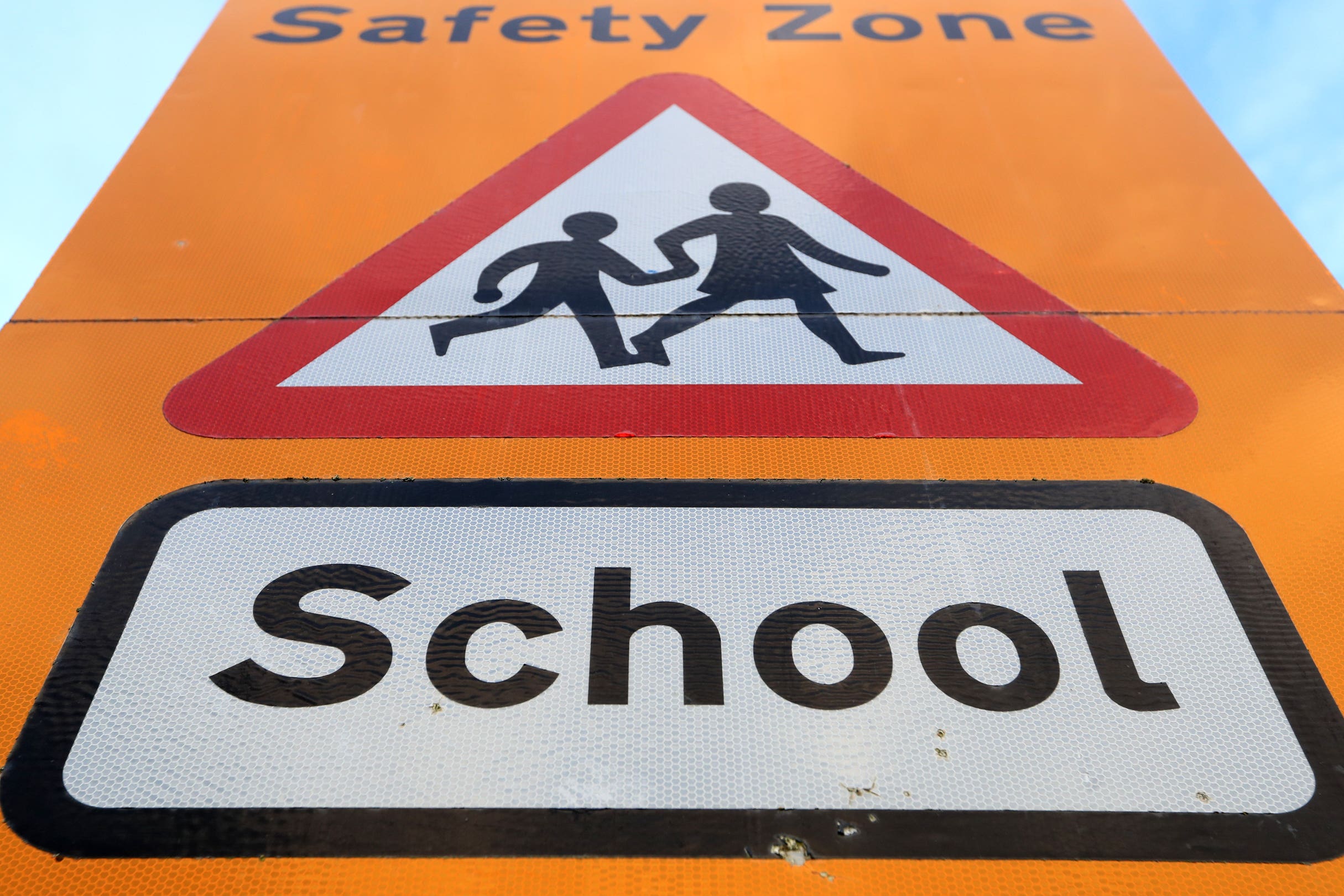Coalition urges rethink on schools transgender guidance
Long-awaited draft guidance was published in December and is out for consultation until early March.

Your support helps us to tell the story
From reproductive rights to climate change to Big Tech, The Independent is on the ground when the story is developing. Whether it's investigating the financials of Elon Musk's pro-Trump PAC or producing our latest documentary, 'The A Word', which shines a light on the American women fighting for reproductive rights, we know how important it is to parse out the facts from the messaging.
At such a critical moment in US history, we need reporters on the ground. Your donation allows us to keep sending journalists to speak to both sides of the story.
The Independent is trusted by Americans across the entire political spectrum. And unlike many other quality news outlets, we choose not to lock Americans out of our reporting and analysis with paywalls. We believe quality journalism should be available to everyone, paid for by those who can afford it.
Your support makes all the difference.A coalition unhappy with the proposed transgender guidance for schools has called for it to be withdrawn and for the Government to rethink its approach.
The group of organisations has published its own guide for people responding to the consultation, advising them to state that schools and colleges should only engage with parents of a gender-questioning child “with the explicit consent” of that young person.
Long-awaited draft guidance for schools and colleges on how best to support pupils questioning their gender was published by the Department for Education (DfE) in December.
The proposed guidance, which remains in draft, seeks to deny the existence of transgender pupils, discouraging them from coming out and being their authentic selves, and could lead to young people being forcibly outed to parents and teachers
It stated that “parents should not be excluded” from decisions taken by a school or college relating to requests for a child to “socially transition”, such as wishes to change names, pronouns and clothing.
It added that schools and colleges should make parents aware if their child requests a change – except in the “very rare situation” where parental involvement may raise a “significant risk of harm” to the child.
Consultation on the guidance runs until March 12.
The organisations Mermaids, LGBT Foundation, Stonewall, Gendered Intelligence and Trans Learning Partnership have now produced a guide advising people how to make clear their opposition to the proposals.
The coalition said the guide is aimed at helping individuals and organisations to respond effectively to the consultation of the draft guidance.
On the issue of pronouns, the guide advises respondents they can describe the negative impact of refusing to use someone’s pronouns and that they might state that “not using a trans pupil’s chosen pronouns (no matter their age) could be considered discrimination or harassment”.
We are calling on the Government to listen to LGBT+ youth and inclusive educators, withdraw the guidance and rethink their approach
In a statement accompanying the guidance, with signatories including Liberty and Amnesty International UK, the groups said they “strongly oppose the Government’s exclusionary and unhelpful” proposals.
They stated: “The proposed guidance, which remains in draft, seeks to deny the existence of transgender pupils, discouraging them from coming out and being their authentic selves, and could lead to young people being forcibly outed to parents and teachers.
“This approach will erase decades of progress in making schools places that value difference and reject discrimination. It hampers teachers’ ability to tackle bullying and ultimately risks causing more harm and exclusion of trans young people.
“Schools desperately need guidance that offers practical advice on creating school environments that support trans pupils to thrive.
“We are calling on the Government to listen to LGBT+ youth and inclusive educators, withdraw the guidance and rethink their approach.”
When the DfE guidance was published before Christmas, Biology Matters at centre-right think tank Policy Exchange said it was a “powerful rebuttal against activist demands which for too long have played havoc with the wellbeing of children”, while the gay rights organisation LGB Alliance described it as “a welcome step in the right direction”.